Food Consumer
Aunt
Toast
Warmth
Toast
Warmth
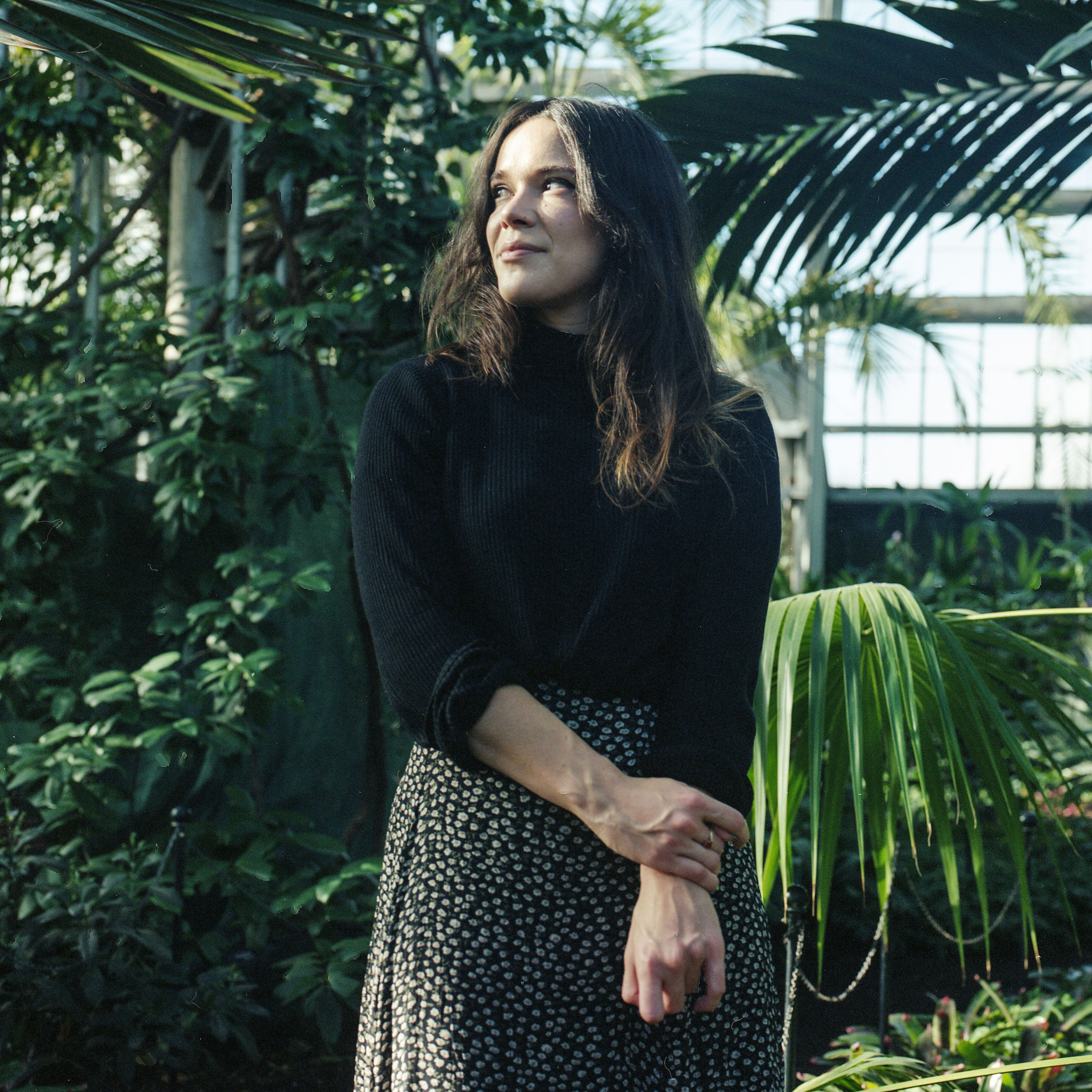
“Food has this beautiful quality that allows for connection, not only with other people, but with yourself. I find that when I have the opportunity to eat a meal, an ingredient, something that reminds me of home, it is a sincere and intimate feeling that cannot be replicated.”
Both of my parents emigrated from Cuba in the 1980s by means of Venezuela. They met in Cuba, began dating in Cuba, and then moved to Venezuela for about a year before finally moving to Miami. This is very common for Cubans looking to emigrate to the United States. They first move somewhere else in Central America to obtain a visa on one’s way to the United States. All I have ever known is Miami. Miami is a very interesting place because it feels like the majority of people who live there are from somewhere else.
I am in my Tia’s dining room, sitting at an old wooden table. The paint on the wall is peeling and the air in the room is warm and humid. I smell the scent of (extra) toasted bread and a bit of sweetness from the warm honey when I’m about to take a bite. It may be a bit plain or simple, but this food memory means quite a lot to me. It is one of the few memories I have of my great aunt, Tia Ausilia, from one of the three trips I was able to take to visit remaining family members in Cuba. The meal calls for just two simple, accessible ingredients – every-day items.
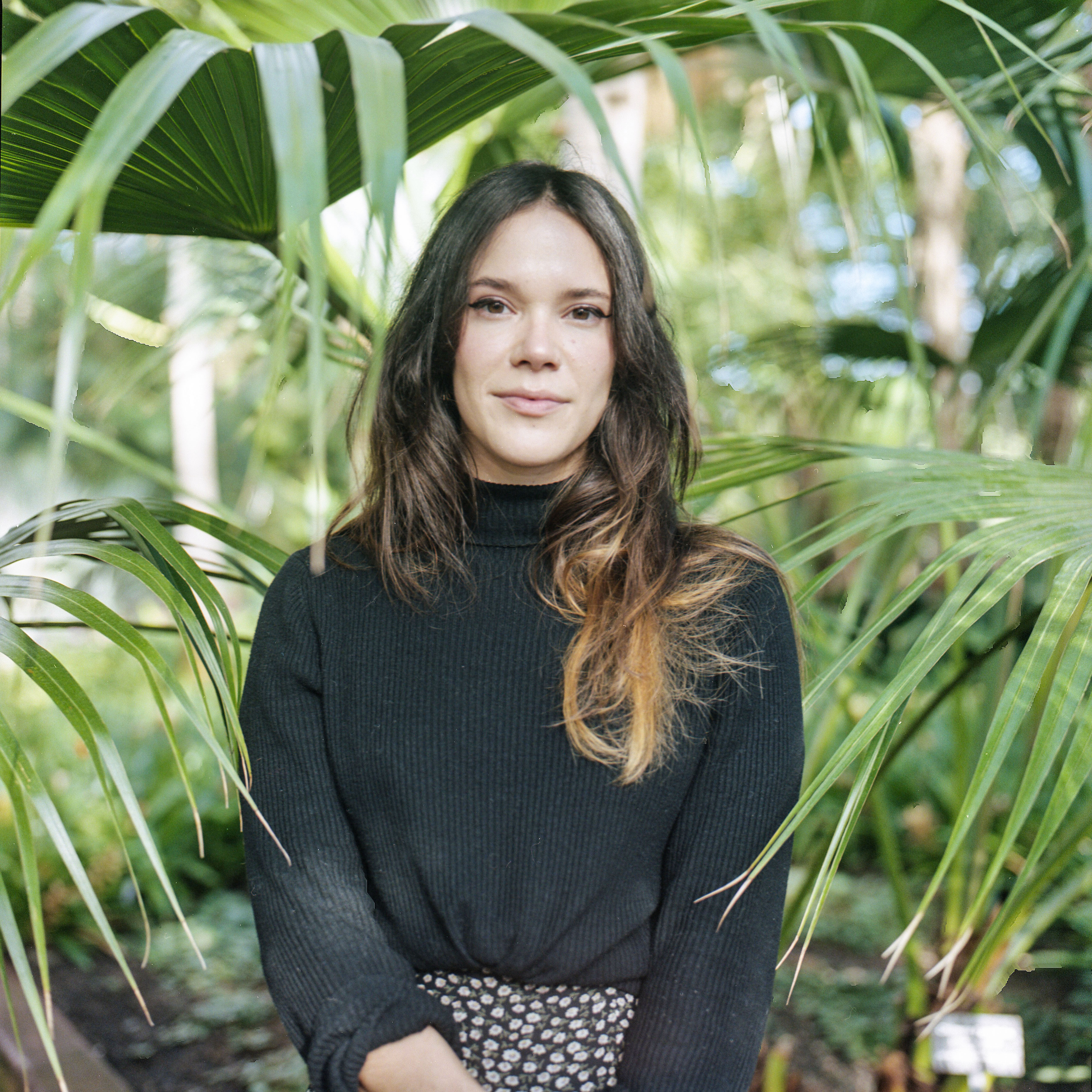
I have a very intense connection to Cuba. All of my family is Cuban. All of our family stories, traditions, food, dance, and more is Cuban, yet our homeland still feels distant to me. Growing up, I was not able to return to Cuba easily, let alone frequently, so when I did have the opportunity to visit it was deeply fulfilling but also difficult. I am not fluent in Spanish. I speak proficiently, but not well enough to communicate how much I appreciate or love something. This disconnect is difficult to navigate, but the care that was not able to be communicated with words—from me to my family, and my family to me—was instead communicated through food. I feel so thankful for my connection to Cuba but it also feels distant, almost out of arm’s reach.
When my sister and I asked for sweets, my Tia came back from the kitchen with toast and honey. While there was not much in her pantry, I never felt hungry after this snack. Given that we were in Cuba, there are not many options to offer children as a treat, but there are little things that mean a lot–simple cookies, a guava marmalade (that my great uncle had made) dipped with lady fingers, and this memorable toast with honey.
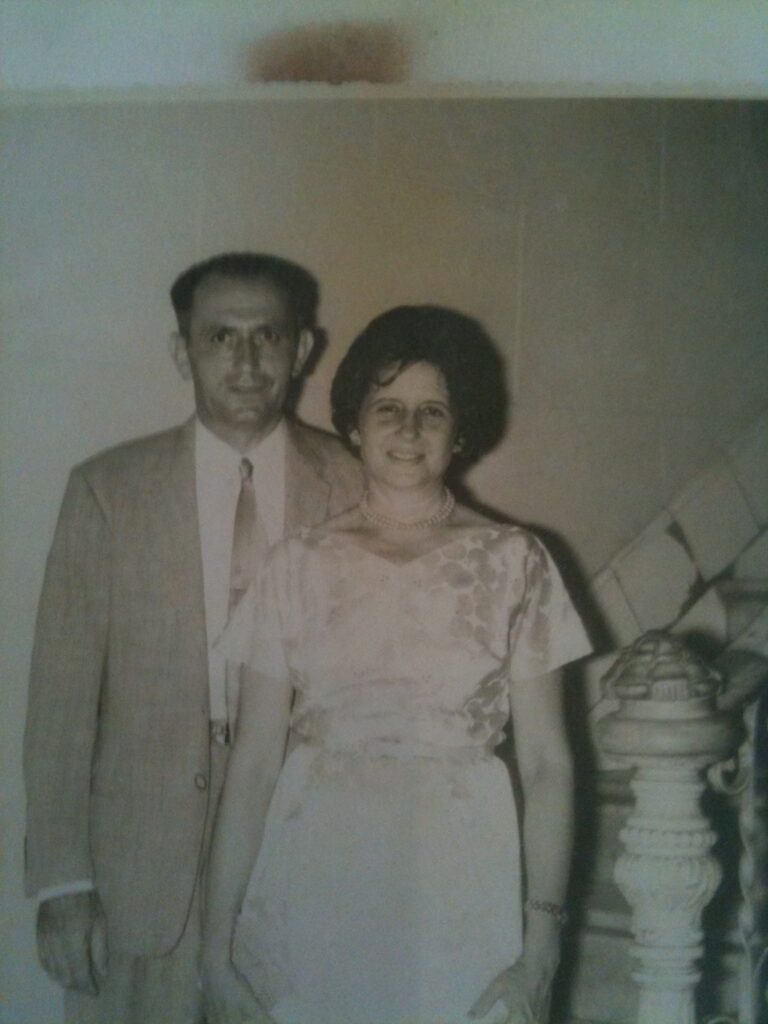
Most of my Cuban family has now passed away, so there is not much of a reason for my immediate family to continue to visit. I also feel differently about visiting now. I do not want my money going to systems that are oppressing people. I do not want to support the Cuban government. I want to go when the Cuban people are liberated, and this still feels like a long way off. Although I do not see myself visiting Cuba anytime soon, I am grateful that I can feel connected to my culture in my hometown of Miami, but it does feel distinctly Miami-Cuban. It is its own culture. Miami-Cubans are very proud to be Cuban, and there are many ways to celebrate our heritage. Even so, I do not feel that I can call myself just Cuban, it will always need a hyphen.
Tia Ausilia, who I met only a handful of times, wanted to offer us so much. Although this meal is simple, it was deeply meaningful. It came from someone who I felt very connected to but did not have many opportunities to foster a relationship with. I take this memory with me. The smell of toast makes me happy. The flavor of honey makes me happy.

A heritage recipe, or food tradition, that comes to mind is Noche Buena, or Christmas Eve. My Tio Tony has built his own roasting spit in his backyard in Miami, and every year during this time we go to his house to roast a full pig. There is yuca with mojo sauce, two different kinds of plantains, rice, beans, and the pig is absolutely spectacular! Roasted, garlicky, mojo pork is a keystone of Cuban cuisine. When it is finally through roasting, everyone lines up for the pig skin! I look forward to this every year.
My Tia is looking at my sister and I expectantly, worried that she cannot offer us enough. We are doing our best to reassure her. By this time, I have only met my Tia two or three times, and despite us both feeling ill-equipped with our English and Spanish-speaking skills, we both recognize our love for each other in each other’s eyes.
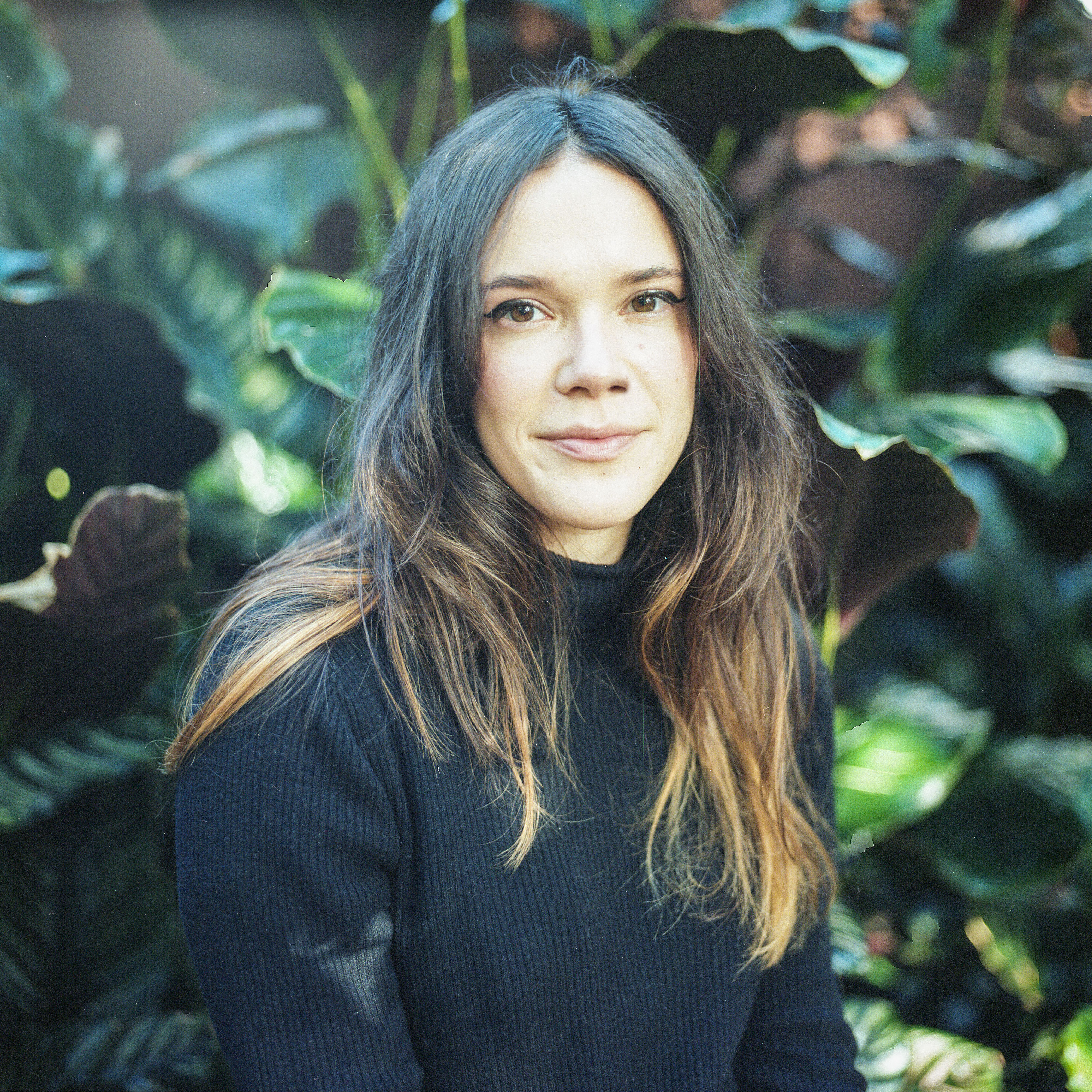
I have learned some recipes from my mom, and these recipes she learned from her mom. My mom does not write down instructions, or measurements, and she does not have any patience in the kitchen. So in recent years when I go home to visit, I take time in the kitchen with her, writing down all of her recipes, so I can practice on my own. I hope to pass these on to our family’s future generations. Such an important part of culture is food. I do not want to lose this knowledge. If I do not speak Spanish fluently, and I do not cook Cuban food, how will I maintain that connection to my culture?
I taste comfort. While simple, the ingredients are familiar and sweet, made all the better having been served by my Tia. I feel love, I feel cared for, and I feel safe.
Food has this beautiful quality that allows for connection, not only with other people, but with yourself. I find that when I have the opportunity to eat a meal, an ingredient, something that reminds me of home, it is a sincere and intimate feeling that cannot be replicated.
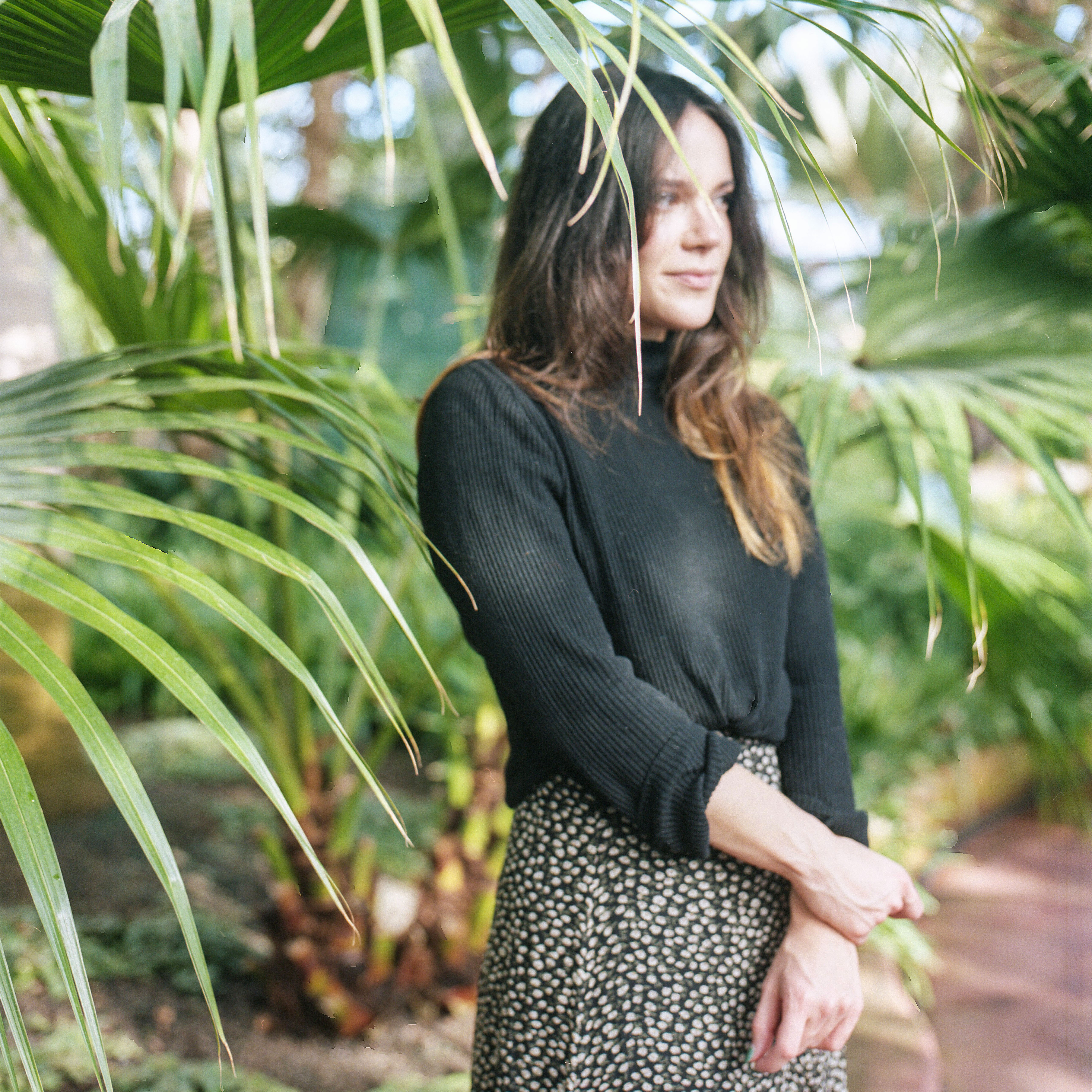
Recipe:
This recipe calls for simple white bread, toasted, with a dollop of local honey spread across!
Biography:
https://www.instagram.com/sarahmh/
https://www.instagram.com/thegoodschicago/
[ Sarah Hernandez is photographed at the Garfield Park Conservatory, in Chicago, on 120mm film. ]